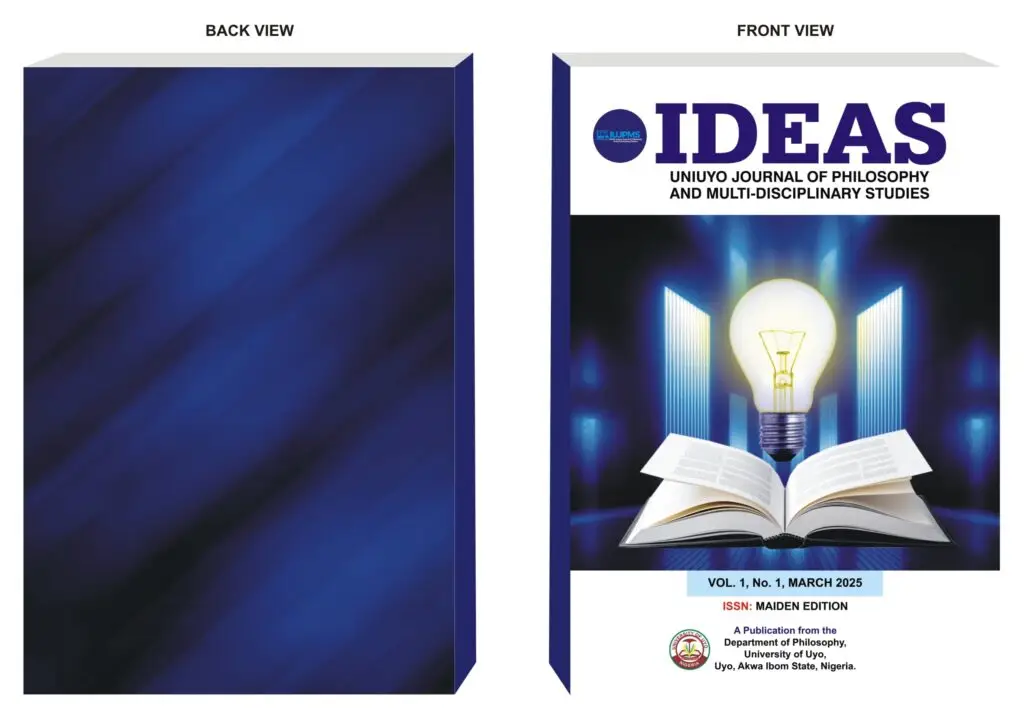Bertrand Russell authored the chapter titled “Logic as the Essence of Philosophy” as the second essay in his book Our Knowledge of the External World. There is a difference between viewing logic as ‘essential to’ philosophy as opposed to seeing logic as ‘the essence’ of philosophy. It is incontestable that logic is essential to philosophy as its tool. However, Russell’s idea that all philosophy is logic is analogical to saying that a tool is more important than the work that it helps one to accomplish. This is what this research described as ‘Russell’s logico-centric commitment’. This research demonstrated that this commitment presents an idea of philosophy that is oversimplified. Logic as the essence of philosophy only makes sense when viewed from the perspective of this oversimplification. The implication is that while Russell’s idea of philosophy is too narrow, his idea of logic is too wide. Both conceptions are flawed when weighed against the criteria for real definition. While logic is a valuable tool in philosophical enquiry, it is not the sole or ultimate focus of philosophy which encompasses metaphysics, epistemology and axiology as concerns with reality, knowledge and values respectively. Using the method of critical analysis, this research argued that Russell’s error can be corrected when logic is viewed correctly as the tool that it is, not the goal of philosophy which has to do with understanding reality, knowledge and values.
Written By
Darty Emmanuel Darty, Ph.D
Department of Philosophy
University of Uyo
Uyo, Nigeria
dartydarty@uniuyo.edu.ng
Aniekan Ubong Ekefre, Ph.D
Department of Philosophy
University of Uyo
Uyo, Nigeria
aniekanekefre@uniuyo.edu.ng

